







































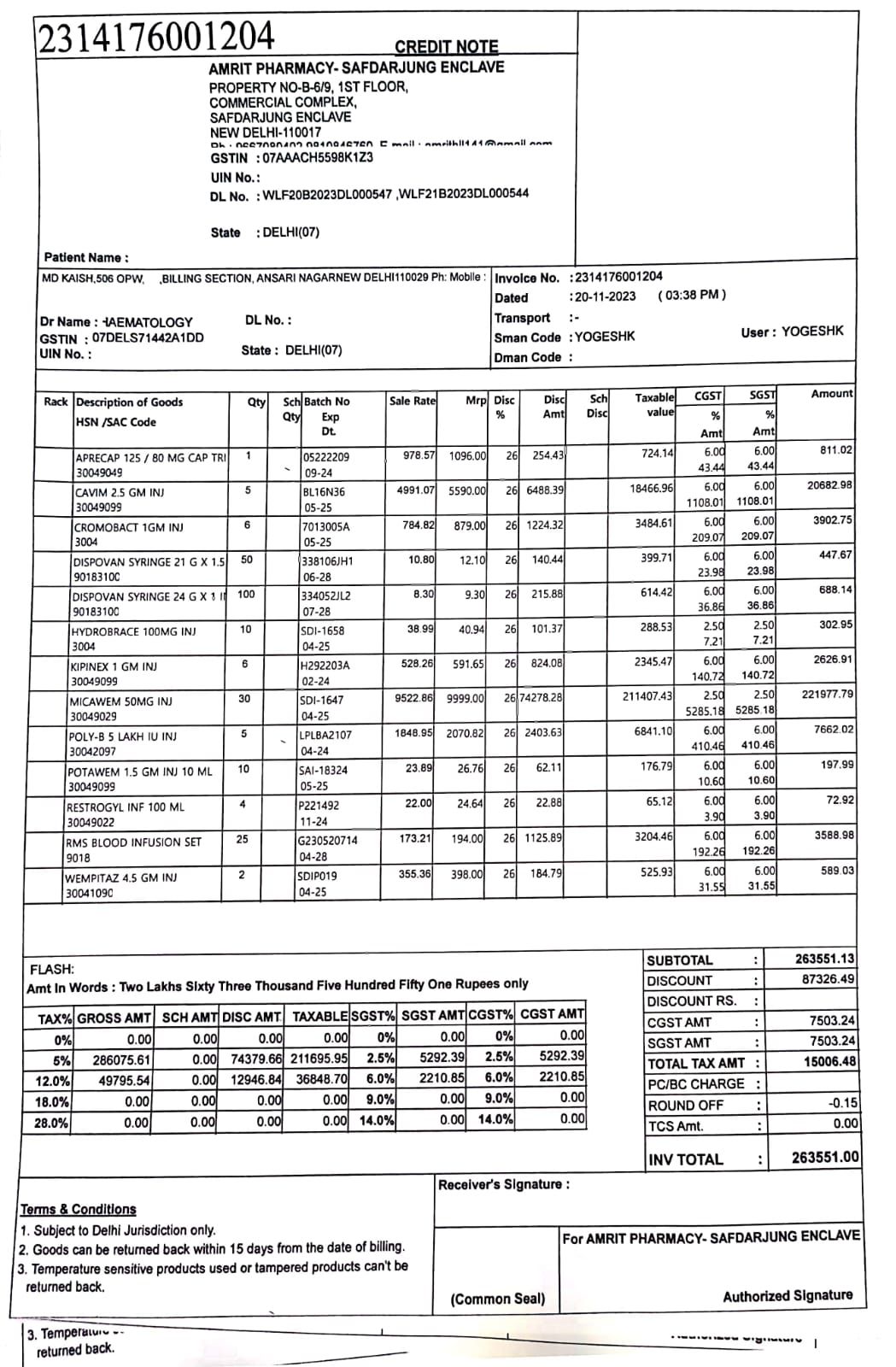
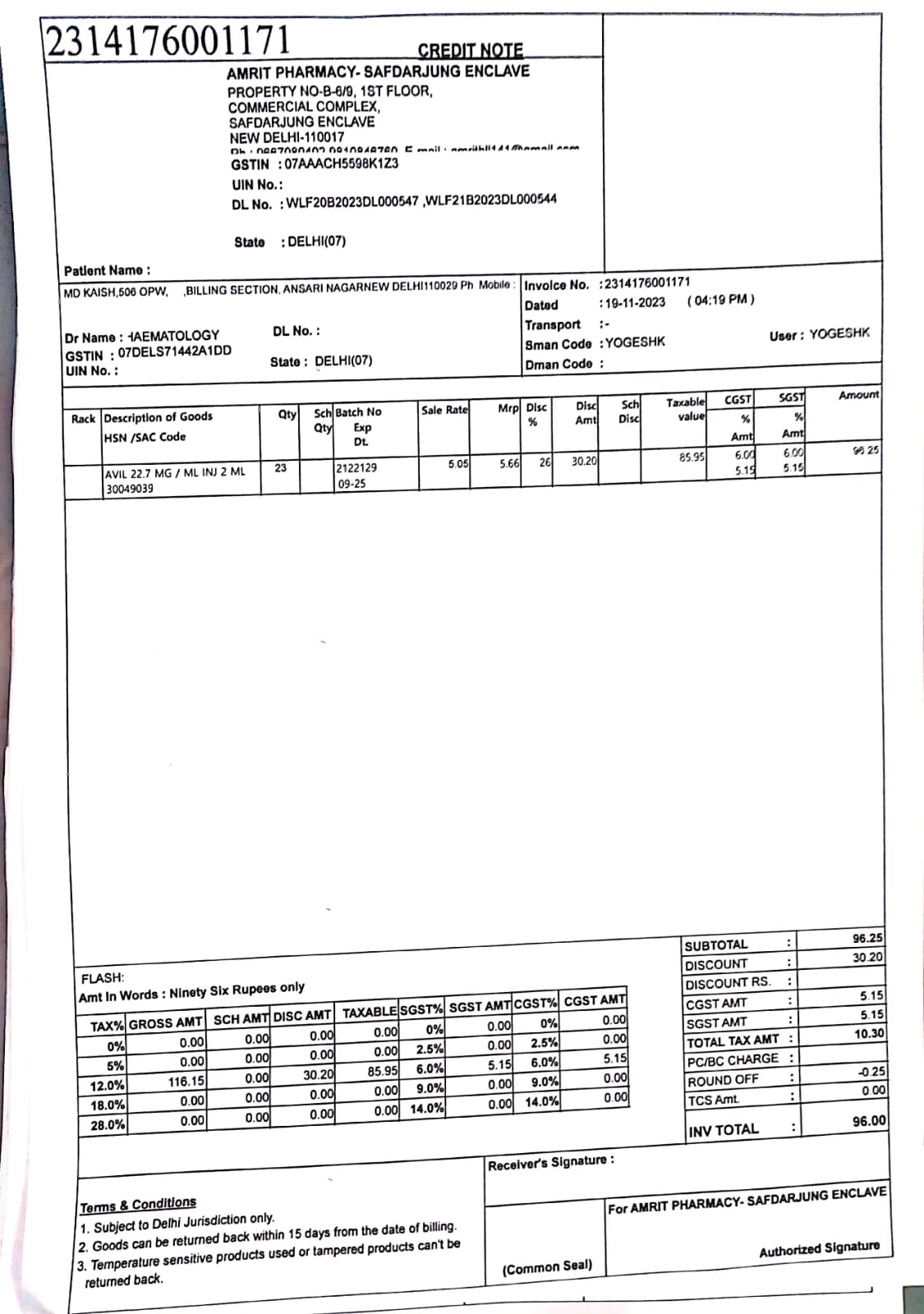
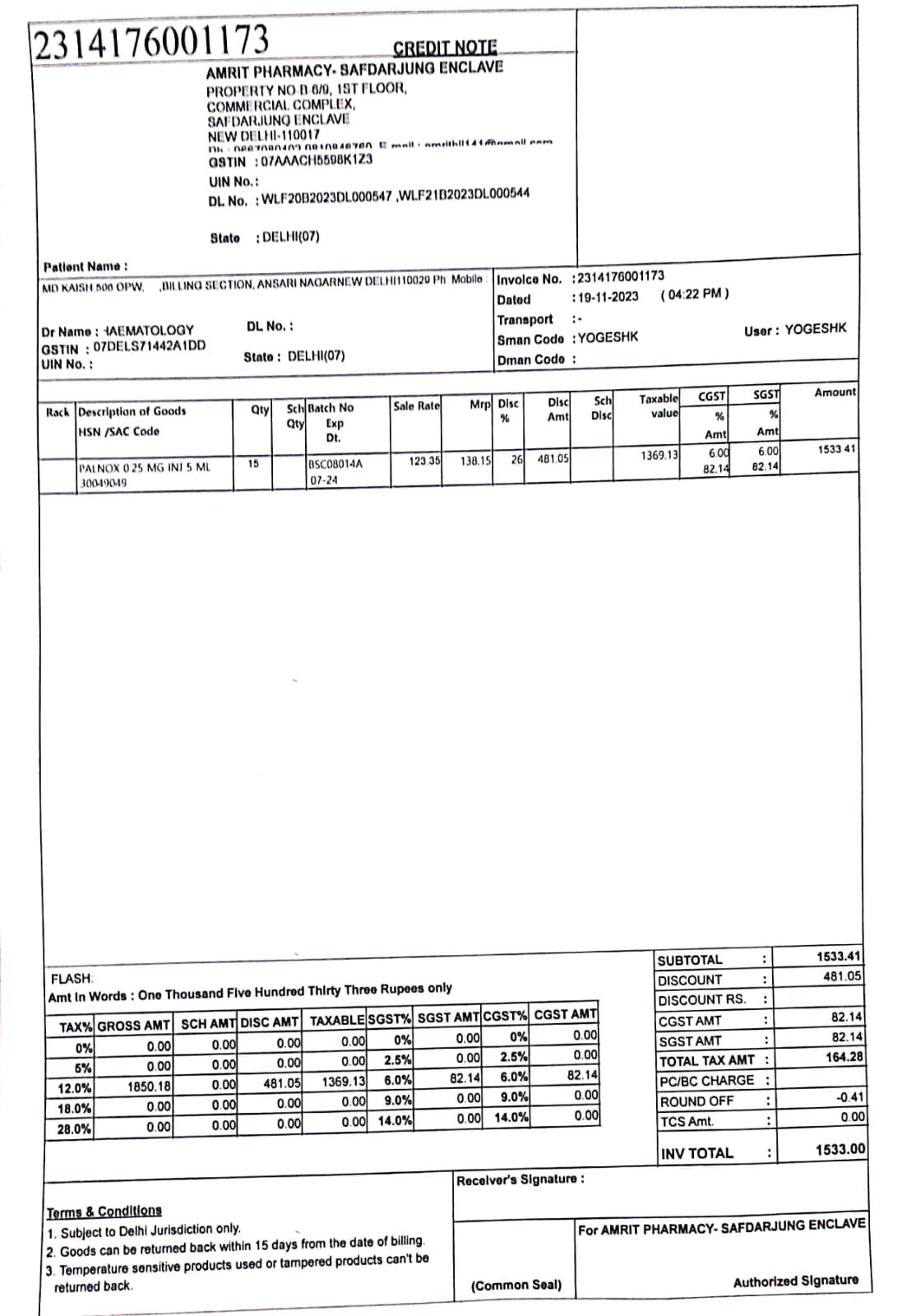

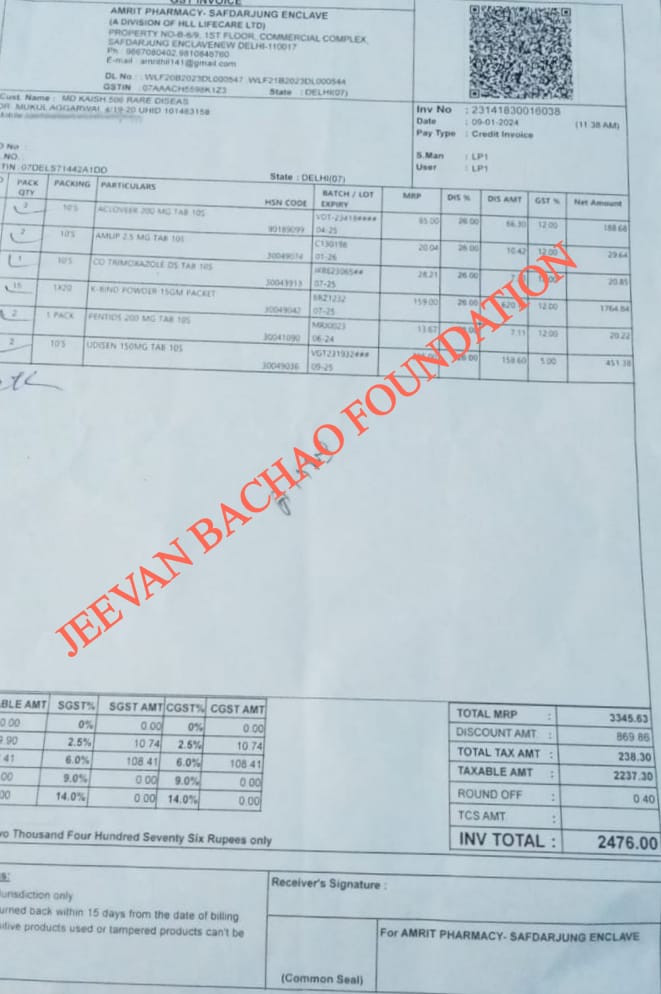
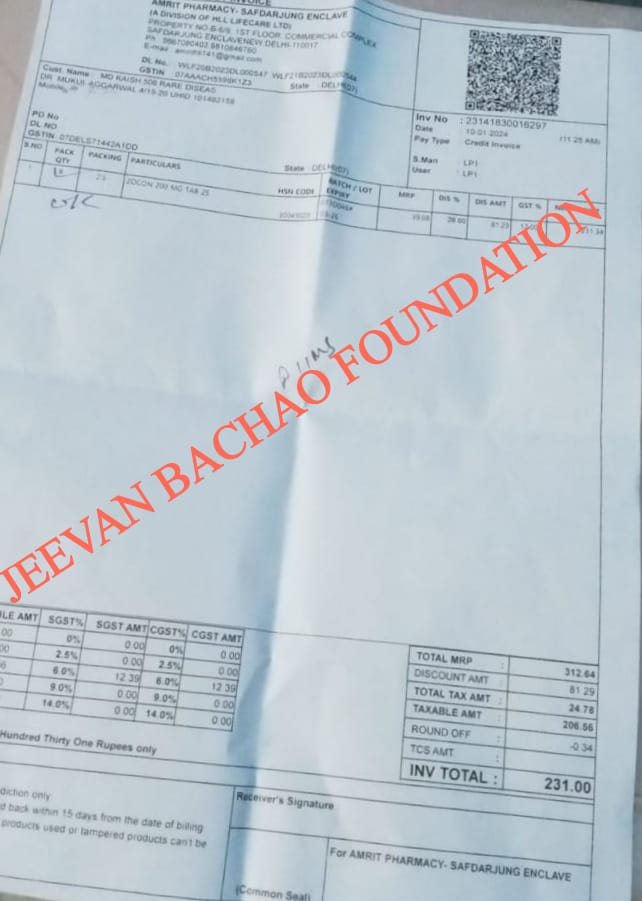
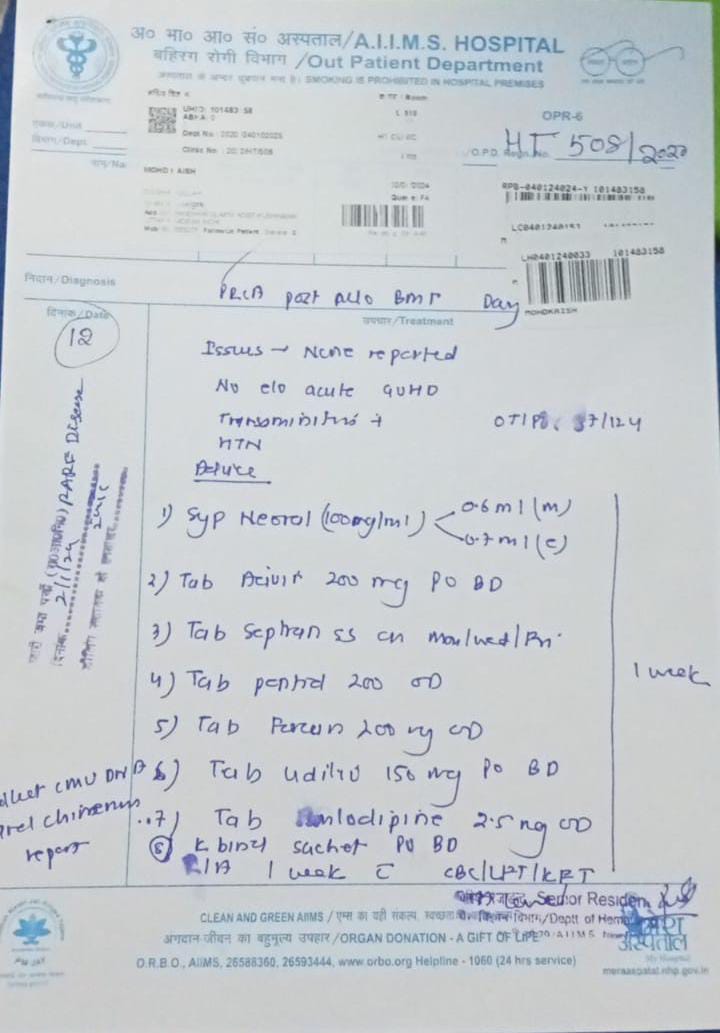
The cancerous formation can attack any organic system of the human physiology. As part of BLOOD CANCER, the rapidly multiplying cancerous cells are found attacking the different aspects of the circulatory system. Besides blood and the lymphatic system; the bone marrow can also be the focus of attack.
Blood cancer is an umbrella term for cancers that affect the blood, bone marrow and lymphatic system.
Unfortunately, blood cancer affects a large number of people. Every 20 minutes, someone in the UK is told they have a blood cancer. That’s 70 people a day, 25,000 people a year.
There are three main groups of blood cancer:
Leukaemia
Leukaemia affects your white blood cells. These are an important, infection-fighting part of your immune system, made in your bone marrow.
If you have leukaemia, you produce an abnormal number of immature white blood cells which ‘clog up’ your bone marrow and stop it making other blood cells vital for a balanced immune system and healthy blood.Acute leukaemia comes on suddenly, progresses quickly and needs to be treated urgently. Chronic leukaemia develops more slowly, over months or years.
There are four main types of leukaemia:
- Acute myeloid leukaemia (AML): It affects around 2,900 adults a year in the UK. It’s most common in people over 70, although people of any age can get it.
- Chronic myeloid leukaemia (CML): It’s also quite a rare condition: only about 700 people every year are affected.
- Chronic lymphocytic leukaemia (CLL): Doctors diagnose just over 3,400 people with CLL a year in the UK. It’s more common to get it if you’re over 60 and is very rare in people under 40.
Other types of leukaemia include:
Treatments for blood cancer
When it comes to deciding on the best treatment, it all depends what type of blood cancer you have, how advanced and aggressive it is and your general health. Your doctor will suggest the most effective course of treatment for you.
Common treatments are chemotherapy, radiotherapy and, in some cases, a stem cell or bone marrow transplant.
The common symptoms of blood cancers can include:
- Unexplained weight loss
- Fatigue
- Feeling weak or breathless
- Easily bruise or bleed
- Enlarged lymph nodes
- Swollen stomach or abdominal discomfort
- Frequent and repeated infections
- Fever/night sweats
- Pain in bones/joints
- Itchy skin
- Bone pain (ribs/back)
Pain areas: in the bones or joints
Whole body: cancer-related fatigue, chills, dizziness, fatigue, fever, loss of appetite, night sweats, weakness, or sweating
Gastrointestinal: blood in stool, diarrhoea, or nausea
Skin: rashes or red spots
Also common: bleeding, easy bruising, frequent infections, headache, infection, mouth ulcer, nosebleed, pallor, shortness of breath, swelling, swollen lymph nodes, or unintentional weight loss
What is chemotherapy?
Chemotherapy involves taking drugs that destroy cancer cells, hopefully putting it into remission or There are many types of chemotherapy drugs and they work in different ways. Sometimes doctors will prescribe a single drug, but often they’ll recommend combining two or more because they often work better together. Chemotherapy can be used on its own, but it’s often combined with other treatments like radiotherapy. Chemotherapy is designed to attack cells that are growing and multiplying. That’s because cancer cells grow and multiply faster than healthy cells.
Some healthy cells can be caught in the crossfire, as they can also be growing and dividing quickly. This can cause side effects such as nausea, tiredness and hair loss.
If you’re getting ready for a stem cell, bone marrow or cord blood transplant, you’ll also need chemotherapy to suppress your immune system and stop it attacking your donor’s new ‘foreign’ cells. This is called conditioning therapy.
What is radiotherapy?
Radiotherapy works by using high-energy X-rays to kill cancer cells.
Some healthy cells can be caught in the crossfire, as they can also be growing and dividing quickly. This can cause side effects such as nausea, tiredness and hair loss.
For it to be effective, doctors need to give just the right amount of radiation, targeted at the right area of the body. That’s why you get radiotherapy in specialist centres where doctors, physicists and radiographers work together. They’ll normally use a machine called a ‘linear accelerator’ for the treatment.
Radiotherapy can treat some types of leukaemia and lymphoma. Doctors can also use it to prepare a patient for a stem cell, bone marrow or cord blood transplant as part of the conditioning therapy. A low dose of radiation will lower someone’s immune system, so they’re less likely to reject donor cells. The type of radiotherapy you might have before a stem cell transplant is called total body irradiation or TBI and this means it affects the whole body.
Radiotherapy can also damage normal cells, which can cause side effects. These vary greatly for each person; some experiencing mild symptoms such as tiredness while for others it can be more debilitating. These side effects will normally have passed within a few weeks of the treatment finishing.
When radiotherapy finishes, most of your body’s healthy cells will continue to grow normally again. But radiotherapy can have long-term side effects.
Working with us by Helping us & donation
Please help these children by donating some of the share from your earnings. These Children needs people like you. Each and Every penny is used ONLY in the welfare of these children. We are making every possible effort to make their living better but we can not proceed without you.
Donate Now
